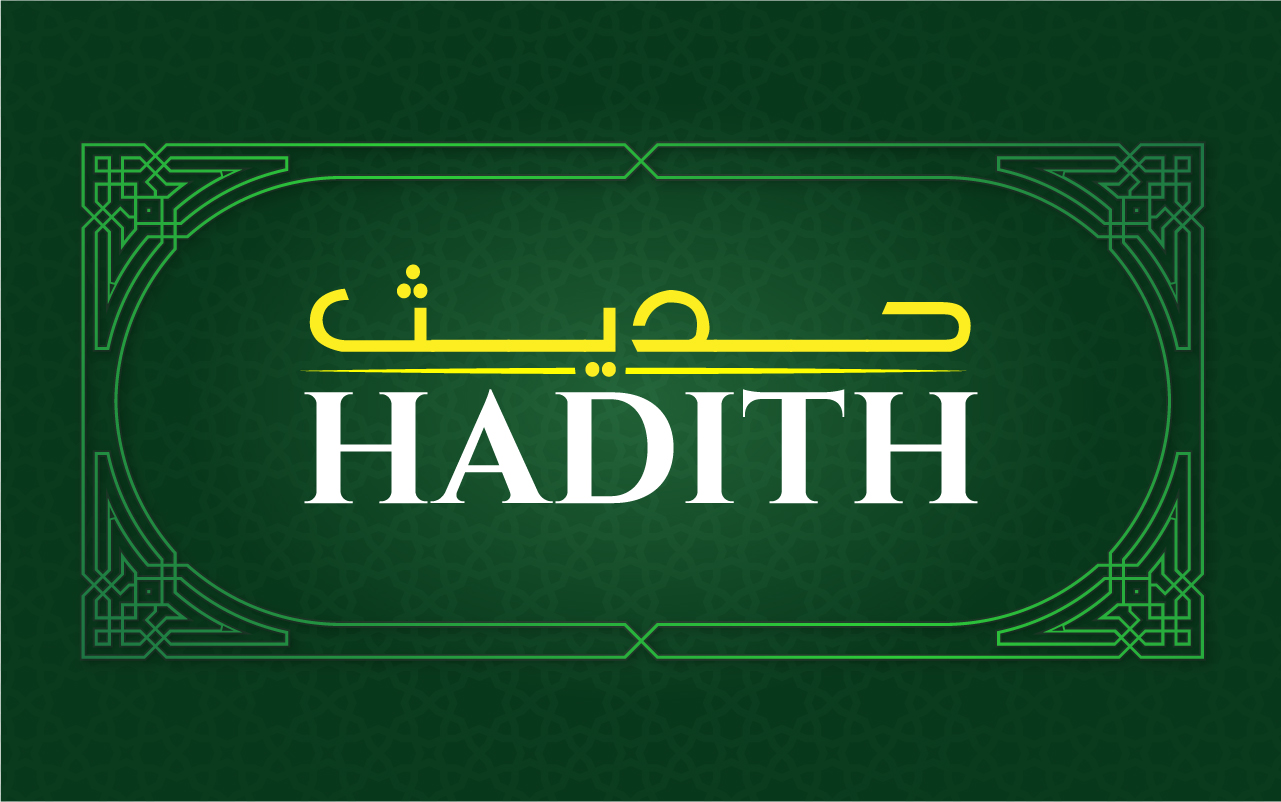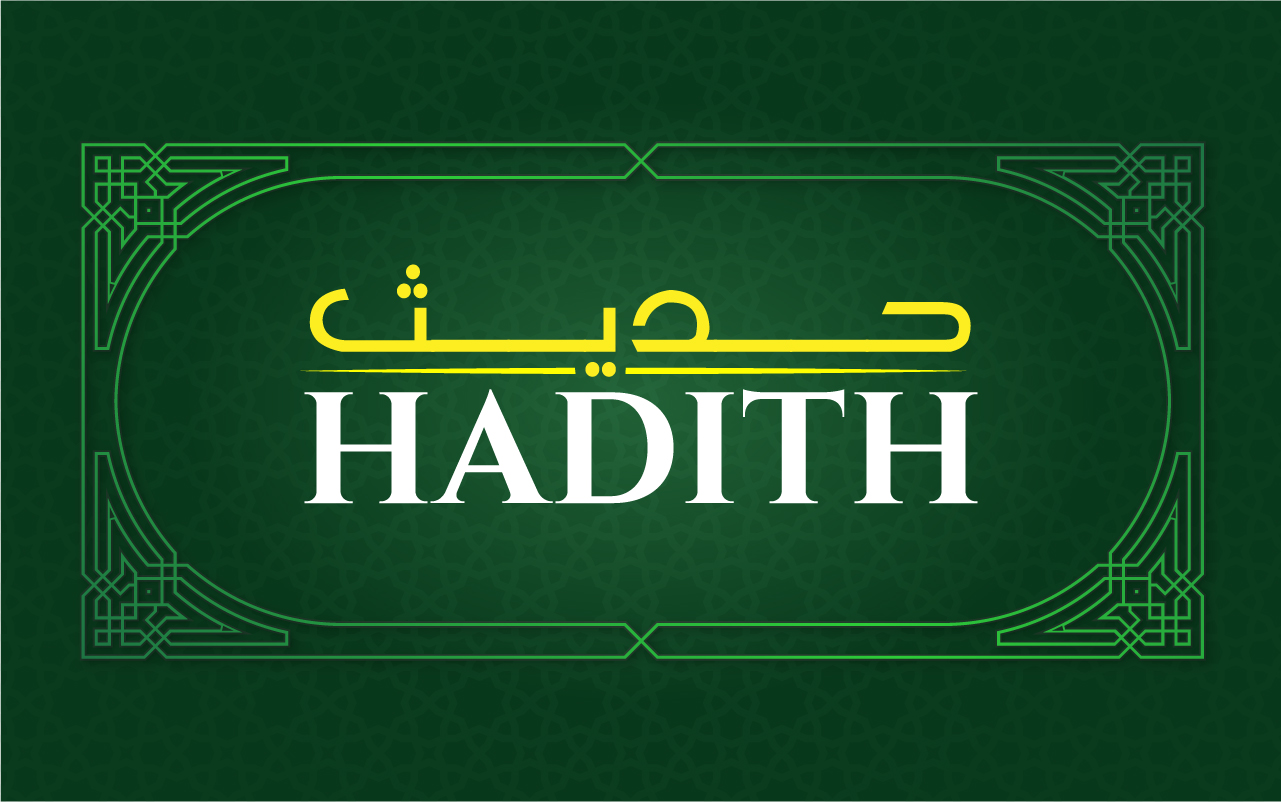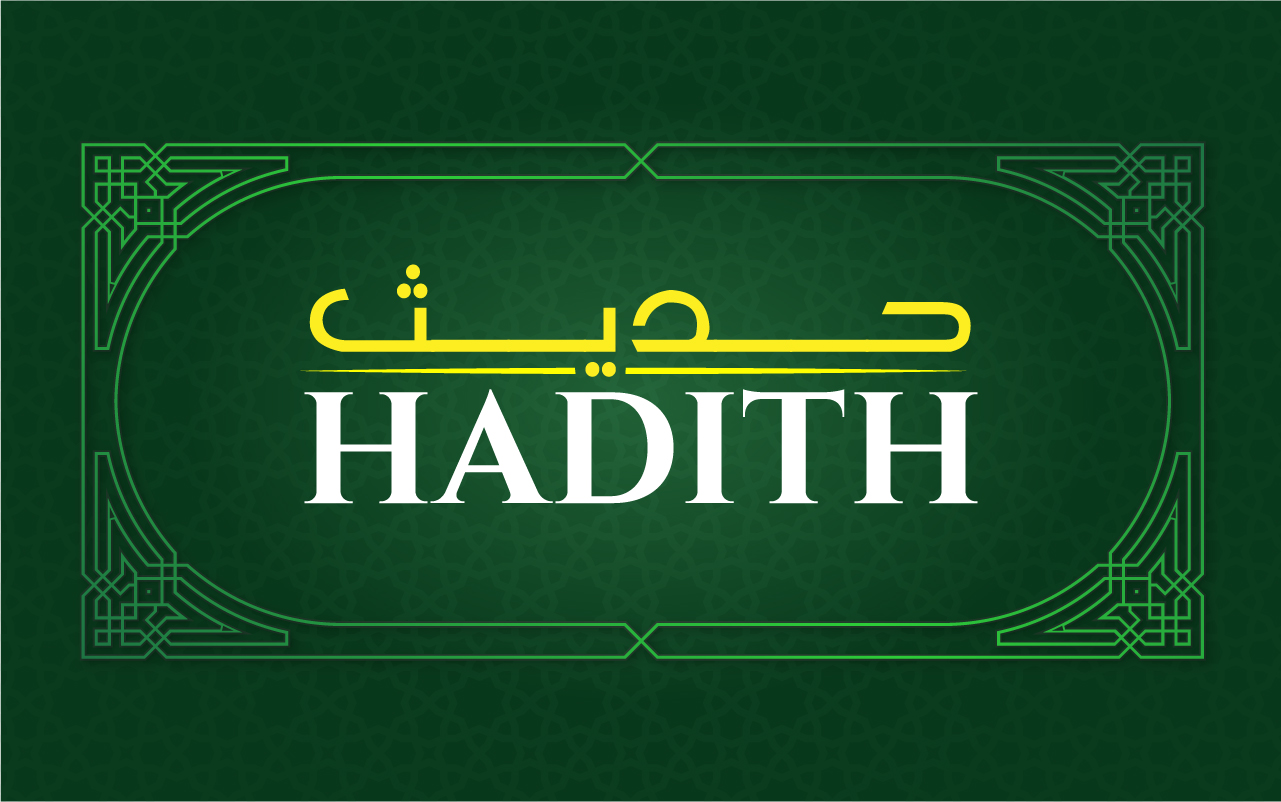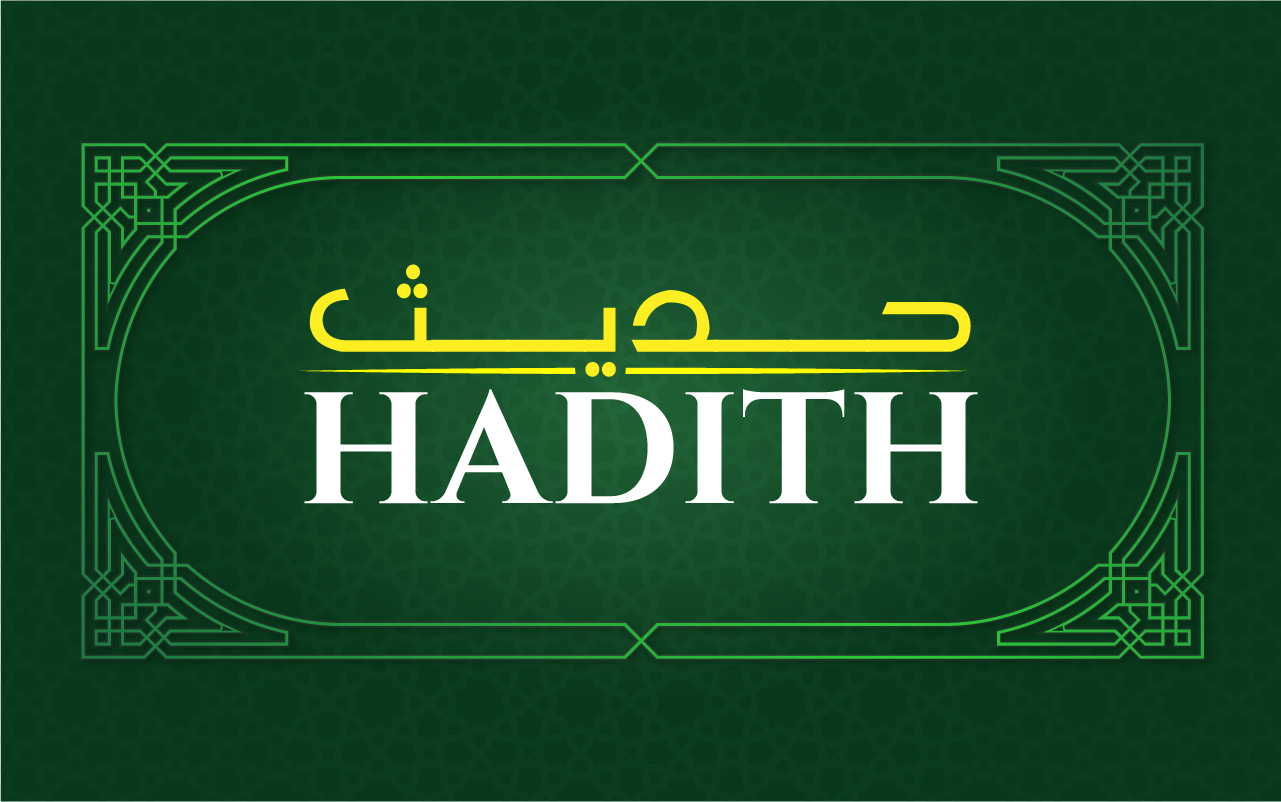What is the Hadith about mercy?
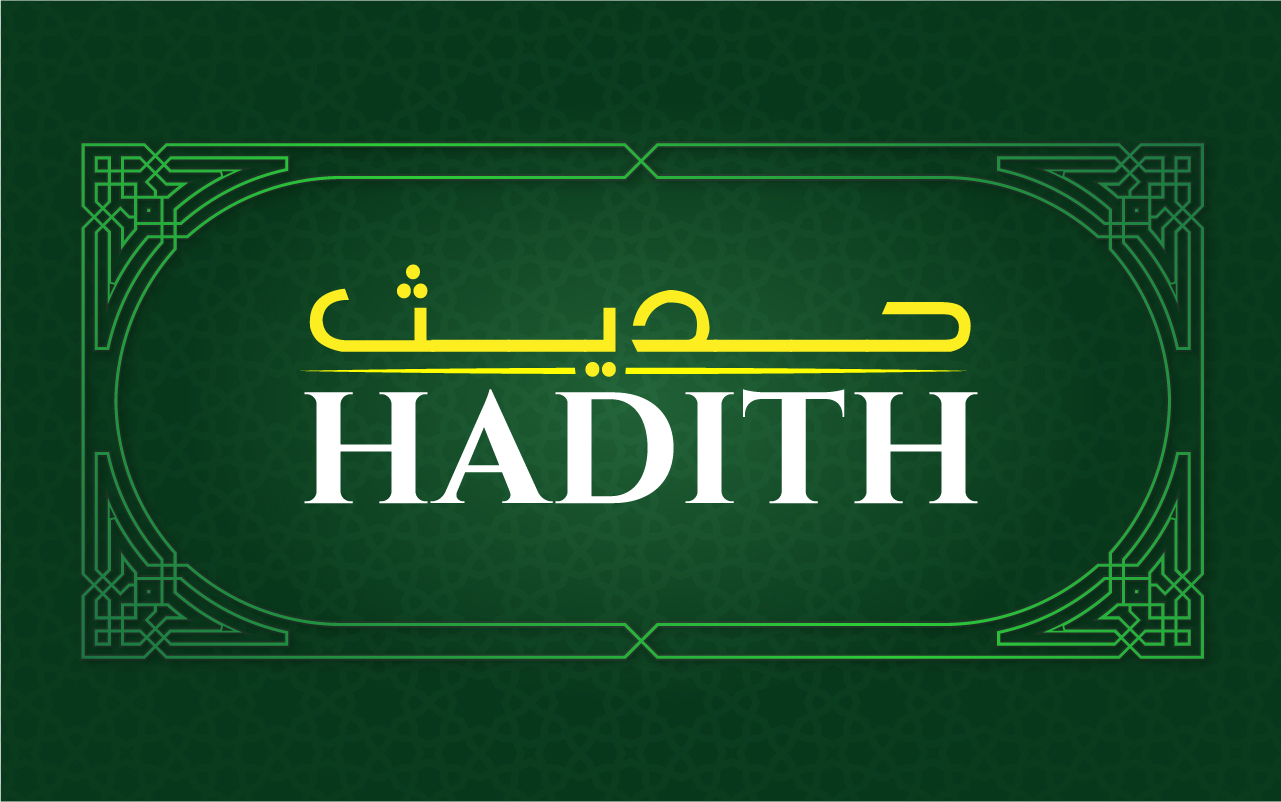
What is the Hadith about mercy?
The concept of mercy is central to Islamic teachings, and several Hadiths underscore its importance. One of the most significant Hadiths about mercy is reported by Abu Huraira (may Allah be pleased with him), in which the Prophet Muhammad (peace be upon him) said:
“The merciful are shown mercy by the Merciful. Be merciful on the earth, and you will be shown mercy from above.” (Sunan al-Tirmidhi)
Significance of the Hadith
This Hadith highlights the reciprocal nature of mercy. It emphasizes that those who show compassion and kindness to others will receive mercy from Allah. The phrase "be merciful on the earth" serves as a directive for Muslims to treat all of creation—humans, animals, and the environment—with kindness and compassion.
Broader Teachings on Mercy
Another important Hadith emphasizes Allah’s boundless mercy. The Prophet Muhammad (peace be upon him) is reported to have said:
“When Allah created creation, He wrote in His Book, which is with Him on His Throne: ‘My Mercy prevails over My Anger.’” (Sahih Muslim)
This Hadith reflects the Islamic understanding that Allah’s mercy is paramount and encompasses all of His creation. It reassures believers of Allah’s forgiving nature, encouraging them to repent and seek His mercy, regardless of their past actions.
Application in Daily Life
The teachings on mercy encourage Muslims to embody compassion in their interactions with others. Whether through charitable acts, forgiveness, or simply offering support to those in need, showing mercy is a vital aspect of a Muslim’s character. This attitude not only strengthens community bonds but also reflects the moral and ethical teachings of Islam.
In summary, the Hadith about mercy underscores its fundamental role in Islamic teachings, advocating for kindness, compassion, and understanding as essential qualities that foster a just and harmonious society. By embodying mercy, Muslims can draw closer to Allah’s infinite mercy and compassion.
